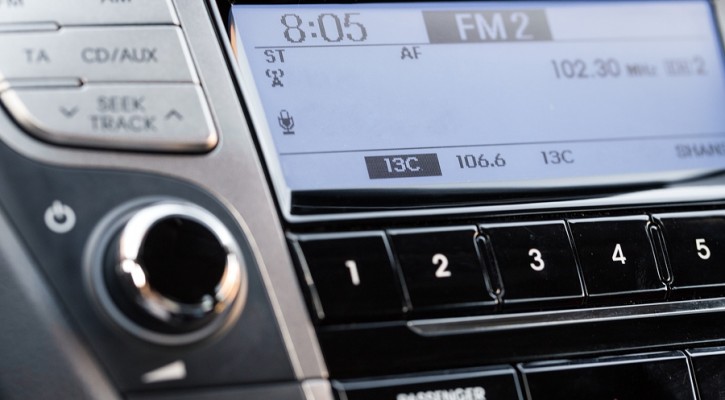
Is The Car Radio Distracting?
May 2, 2016
In still more research on distracted driving, researchers in the United Kingdom looked at whether or not the car radio could be distracting to drivers. The researchers from University College Dublin, Ireland conducted a small scale study using 36 drivers in a full size driving simulator to test whether or not the car radio interfered with a driver’s attention enough to pose a danger. The data seems to support past research that has been conducted on the use of cell phones while driving.
The study was designed to test what’s known as the “perceptual load theory of attention.” That theory states that people only have a limited amount of attention to work with and, once they reach their limit, they can’t process any more information. In this case, the researchers wanted to see if information overload by one sense (hearing) could affect another sense (sight).
The subjects were divided into two groups; a “low attention load” and a “high attention load.” Those in the low attention load group were told to listen to the traffic report on the radio and to note when the traffic reporters switched from male to female, a task that didn’t require a lot of attention.
Those in the high attention load group were told to listen for traffic reports regarding a specific highway; a task that required a good deal more attention. While both groups drove over the simulated course, the researchers would randomly place a large gorilla or an elephant at the side of the road.
The researchers found that 71 percent of those in the low attention load group noticed the gorilla or elephant. In the high attention load group, only 23 percent noticed the large, misplaced animals on the side of the road. The high attention load group also had greater difficulty in obeying yield signs and maintaining proper speed and lane position to avoid hazards.
The fact that the high attention load group experienced difficulty while listening to the radio for comprehension parallels the results of a study conducted by Carnegie Melon researchers in 2008. In that study, subjects were tested first while driving over a simulated driving course and then, when driving over a similar course while carrying on a simulated cell phone conversation; all while their brains were being scanned by an MRI. The study was designed to show what areas of the brain showed the most activity while performing a task. In the first test, without the use of a cell phone, the area of the brain that controlled for spacial awareness (where your body is in relation to other objects around it) was the most active. In the second part of the study where subjects drove while carrying on a simulated cell phone conversation, the area of the brain that showed the most activity was the area that controlled language comprehension and the activity in the spacial awareness area was reduced by 37 percent.
That convinced the Carnegie Melon researchers that “multi-tasking” is a myth; the brain isn’t capable of handling two or more tasks equally at the same time. To concentrate on one task the brain has to rob attention from another control center.
For most drivers, listening to the car radio is a very low attention load activity. For most, listening to the car radio is just background noise. If the average driver were asked what song just played or what product was just advertised, he or she would be unable to say. Usually, the car radio isn’t a distraction at all but, when listening for comprehension, the brain has to shift processing power away from paying attention to the road to paying attention to the radio. If you’ve ever turned down or turned off the car radio while looking for an address or navigating through a strange city, you’re probably instinctively aware of this fact. Paying attention to a cell phone conversation instead of the road ahead is the same thing.
For more information, visit: Does listening to the radio make driving more dangerous?
